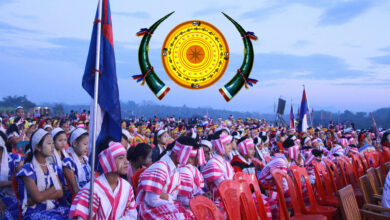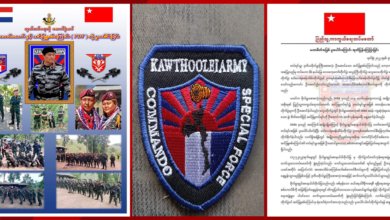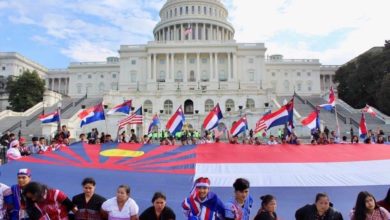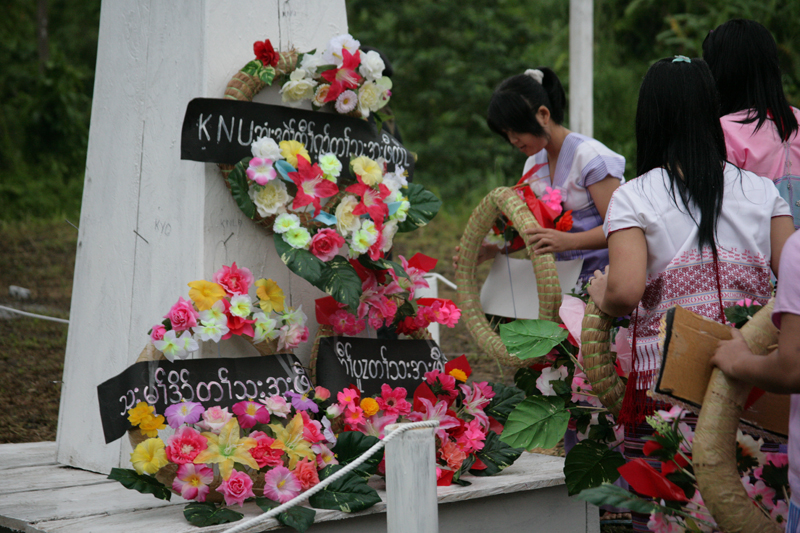Refugee Community on the Thai-Burma Border Caught in Hard Place
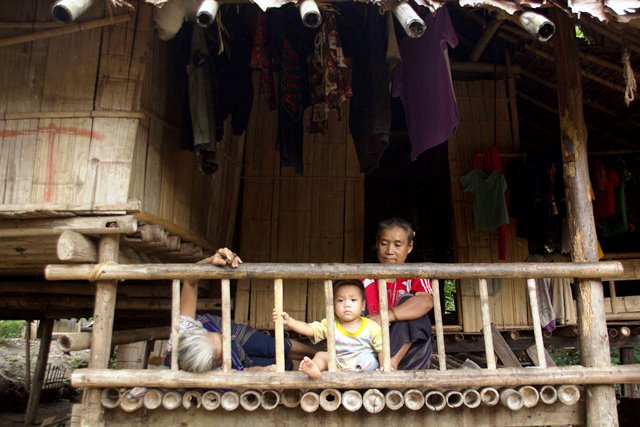
Funding cuts have decreased food rations, negatively impacted already weakened health care and education systems, and a resettlement process has taken many in community leadership roles before replacements can be adequately trained.
Refugees feel they are being forced to “voluntarily” repatriate or remain in camps that are underfunded and find it increasingly difficult to meet the needs of the refugees. These are not factors that instill dignity, a term often used in talks of repatriation by the international community.
For women who are culturally expected to be caretakers, these issues hit especially hard in the camps. They not only face these issues while trying to care for their families but many also experience gender-based violence (GBV) as well.
Maybe women should seriously consider repatriating with their families. Maybe now is the time for a dignified return to Burma. The push for a return must be a result of positive changes within the areas these women would be returning to. There wouldn’t be a push towards sending a vulnerable population to an area likely to make them more vulnerable. Right?
No, apparently not.
Karen Human Rights Group (KHRG) recently released a report, “Hidden Strengths, Hidden Struggles”, which provides an insight into the human rights situation of women in southeastern Burma, the region many of these refugees would likely return to, from the perspective women who currently live there.
If refugee women went back to southeast Burma, they are likely to face challenges including inadequate education for their children, particularly their little girls, land confiscation, a health care system that does not meet the needs of the current population let alone an influx of people, and GBV including rape, threats of violence, and fear of potential violence that increases near the military to the point where they fear bathing alone. These are all issues women currently living in southeast Burma are facing.
There is also the issue of justice mechanisms. Naw Htoo Htoo, director of KHRG, said “We haven’t seen effective legal mechanisms or clear legal mechanisms for the women population in Karen State (southeast Burma).”
Naw Htoo Htoo pointed out that, “Patterns of human rights abuses are still ongoing…When you analyze the report and the interviews from the women you will see there are a lot of challenges they are still facing until now. Even after the ceasefire was signed they are still facing a lot [of challenges].”
The benefits of a democratic government in Burma will take time to reach outlying regions such as the southeast. After decades of armed conflict with previous governments, ethnic people living in the region, reasonably, distrust the government – trust needs time to build.
To improve the situation for women in the southeast and future refugees, KHRG recommends improved justice mechanisms for women, more female involvement in decision-making, and more education and training for a higher level of gender awareness at all levels of government and military involvement.
Women don’t feel safe enough to bathe, their farmland gets taken from them, they get raped and then struggle to receive justice or even report the incident. This does not bring dignity to mind. Should it not also be enough to rethink repatriation until the situation for women in southeast Burma improves? Yes, it should.
Jami is currently volunteering with Karen News from the USA and is interested in gendered issues of the region.

